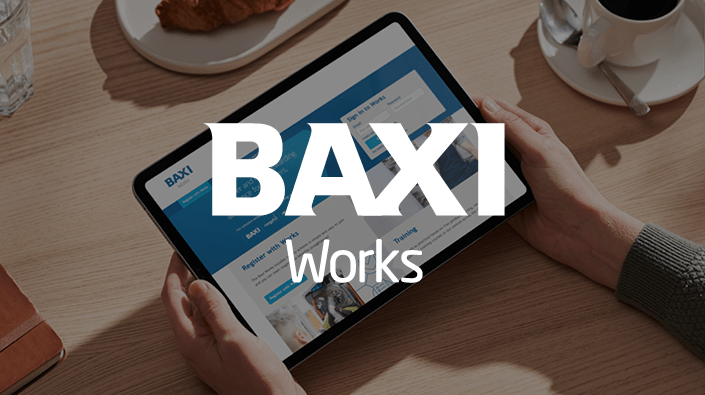Featured Blog

Top five takeaways from Baxi’s fourth annual Installer Skills Survey
Are installers and homeowners warming to heat pumps? The fourth annual Baxi Installer Skills Survey has the answers.
21/10/2025
Our Blogs
Baxi Works
A simpler and more rewarding experience for installers, all in one place.
Contact your Baxi Assure Representative
Our Baxi Assure Sales Team is on hand to help you with all your Residential Specification hot water and heating requirements.




